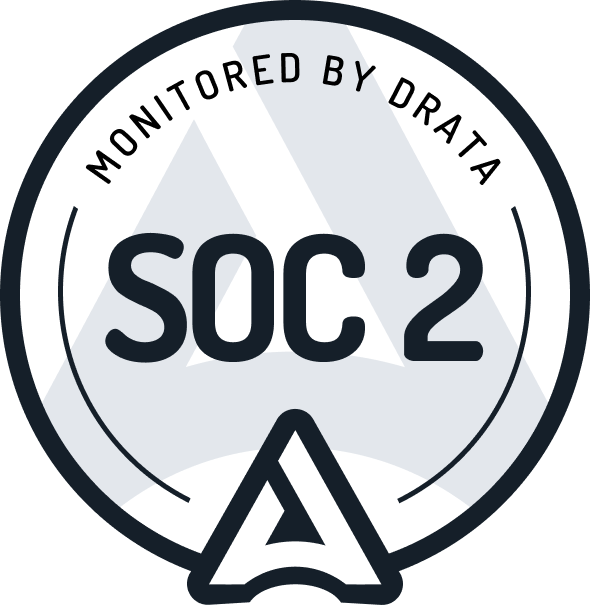For decades, organizations have partnered with prestigious colleges and universities to source talent. Businesses have discovered that working directly with these institutions helps establish and grow their employer brand and ensures a constant pipeline of new graduates who have proven success in competitive environments and completed rigorous coursework in their area of study.
However, in recent years, renewed focus on ending prejudice in hiring practices and creating a more diverse workforce has exposed opportunities in college partnerships. While ivy league and top-ranked public universities have begun working toward creating a more racially and ethnically diverse student body, these schools have historically catered to white, wealthy, and upper-middle-class populations.
To make good on their commitment to diversity, equity, and inclusion (DEI), many businesses now include Historically Black Colleges and Universities (HBCUs) in their college outreach efforts. Today, we’re taking a closer look at what that means and how you can establish these connections too.
What are HBCUs?
HBCUs are higher education institutions that primarily serve the Black community. Many of these schools were founded before the Civil Rights Act of 1964, during segregation when other schools refused or limited enrollment to Black students.
Although HBCUs make up only 3% of all colleges and universities in the US today, they enroll 10% of all Black Americans, according to UNCF, and produce 25% of all Black graduates with STEM degrees. And because attending an HBCU costs 28% less than non-HBCUs, they’re also more accessible to people from lower-income backgrounds.
Students of any race and ethnicity can apply to an HBCU. Because these organizations' faculty and student bodies are so diverse, they continue to attract a diverse pool of applicants.
Why Should You Partner with an HBCU?
What can you expect by creating a relationship with an HBCU? Here are just a few advantages organizations often experience when working directly with these institutions:
- Expand Your Talent Pool
If you’re prioritizing diversity, equity, and inclusion in 2022, connecting with HBCUs should be among your first initiatives. Not only will this give you access to a wider talent pool full of well-educated prospective applicants, but it will also give you greater insight into some of the challenges facing BIPOC entering the workforce.
When you’re in regular communication with faculty and students from a variety of backgrounds, you’ll be introduced to a wide range of perspectives and learned experiences that you might not get in traditionally white and wealthy spaces. The better you understand these students’ ambitions, goals, and backgrounds, the better you can evolve your hiring practices to attract and retain underrepresented talent.
- Improve Your Brand as an Employer
In many cases, sourcing and hiring diverse talent is a numbers game. The more brand exposure you get in diverse spaces, the larger the volume of diverse applicants. By making authentic connections with students at HBCUs, you’ll help improve your organization’s brand as a company that hires and supports professionals of color.
- Create a Consistent Talent Pipeline
Each new graduating class represents a new pool of well-qualified and highly skilled professionals to source talent. And because graduates will have become familiar with your organization during their time in school, they’ll feel more comfortable applying to your open positions when they enter the job market.
3 Tips for Cultivating Relationships with HBCUs
In recent years, highly publicized and rampant racial injustices have prompted business leaders to scale their DEI efforts. And the Great Resignation and growing talent shortages mean qualified job seekers have plenty of opportunities to choose from.
So, how can you develop meaningful relationships with HBCUs, stand out from other employers, and attract diverse grads?
Here are three things you can do:
1. Get in Front of Students
There are plenty of ways to engage with students and earn their interest long before graduation. You can maintain a consistent presence at hiring and internship fairs, speak at university events, and identify opportunities within specific schools or majors.
For example, a tech organization might be interested in offering career advice to a STEM class, while an advertising agency might host a Q&A at an Ad Club meeting.
Additionally, it’s helpful to build relationships with sororities and fraternities at HBCUs. Often, even after students graduate, they stay involved with their Greek organization, which helps build connections and grow networks across multiple industries.
Also, if you haven’t already, it’s also a good idea to participate in HBCU Week.
2. Connect with Faculty
HBCU faculty want to ensure they’re thoroughly preparing their students for success in the workforce, and part of that means staying up-to-date on in-demand skills and industry trends. To help in this effort, consider hosting a forum where you can share with faculty what you’re seeking from new hires and also learn about the specific challenges their students are facing.
By forming authentic relationships with educators, you can influence their curriculum and benefit from their knowledge and insight.
3. Follow Through on Creating Opportunities
From founding scholarships and opening internship opportunities to hiring HBCU graduates and championing HBCU alumni within your company, it’s crucial you follow through on your commitment to DEI. The more diverse your workforce, the more appealing your organization will be to diverse applicants. Plus, by hiring candidates from HBCUs, you’ll likely earn referrals for alumni.
HBCUs are a wealth of opportunity and an excellent source of talent, but they’ve also been routinely passed over by corporate college outreach initiatives in favor of more well-known and better-funded public and private schools. By forming partnerships with these institutions, you can make significant headway toward your diversity recruiting goals and create more opportunities for highly deserving, underrepresented students.
Ready to begin connecting with HBCUs? We’ve prepared a HBCU Talent & Alumni Office Contacts List to help you save time. Check it out here.
.png)














